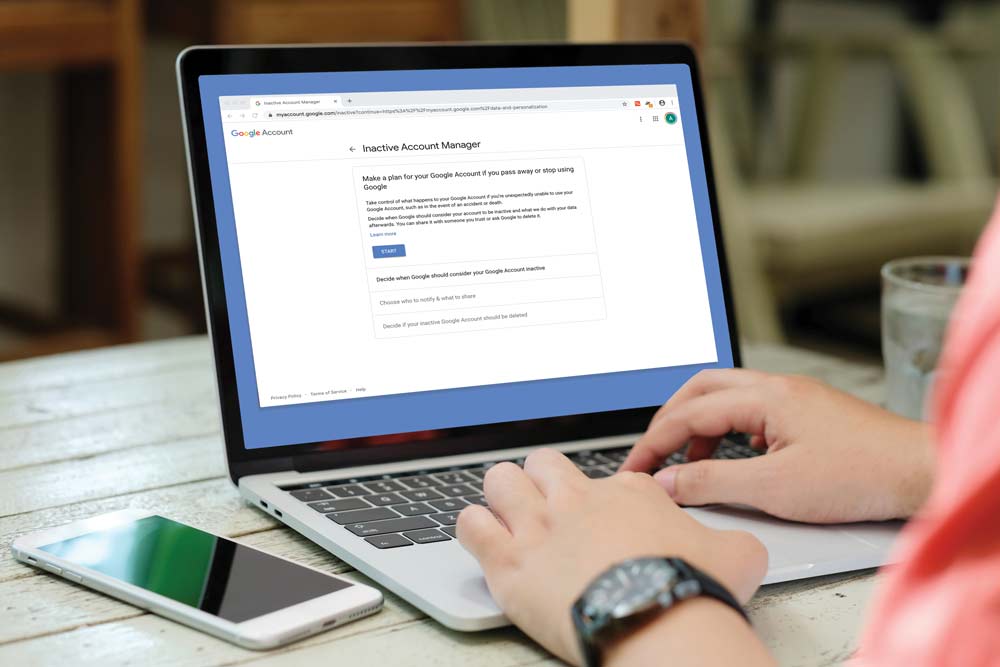This past year, I completed 201 events across my congressional district, which covers 14 counties and spans 7,000 square miles across northwest, northern and central Illinois.
As I travel our state and region, one of my favorite events is “Cheri on Shifts,” where I roll up my sleeves to job shadow hardworking Illinoisans.
Throughout my time in Congress, I’ve completed nearly 100 “Cheri on Shifts,” many of which brought me through the doors of small businesses where I had the opportunity to understand workers’ daily challenges and hear what’s on their minds.
At many of these stops, I was greeted by family, friends or neighbors who chose to take a risk and start a business of their own right here in Illinois. It’s their experiences that help spearhead legislative efforts and inform the decisions I make each day.
For example, in Sterling, I visited a manufacturer of specialty leather products called Boston Leather, where we discussed a new piece of legislation I introduced – the Boosting America’s Exports Act. The opportunity to expand to new markets was arising, but they weren’t quite sure where to start.
Large corporations have a boardroom full of lawyers who can help navigate today’s global economy. But too many small businesses lose out because they don’t have those resources.
Small businesses create two out of every three new jobs, and Illinois is home to more than 1.2 million small businesses, which employ nearly half of the state’s private sector workforce. These owners and workers are the backbone of our regional economy, and we must create an economic environment that fosters local growth and success.
That’s why I introduced this bill that would help our small businesses, like Boston Leather, reach their full potential by identifying opportunities to export American-made products to consumers around the world.
Specifically, the Boosting America’s Exports Act would take three steps:
- Direct the U.S. Commercial Service to design metrics and set goals relating to new-to-exporting firms.
- Instruct export assistance centers to conduct outreach to non-exporting firms, enhance collaboration with state and local export promotion programs and hire additional trade specialists and administrative staff as needed.
- Instruct the Undersecretary of International Trade to assess the optimal locations of export assistance centers in order to reach small- and medium-sized businesses.
At the end of the year, I helped pass bills into law to fully fund the federal government. In those bills, I was proud to include language from the Boosting America’s Exports Act that directs the International Trade Administration to analyze the location of the U.S. Export Assistance Centers, the services they provide, and whether they can better assist small- and medium-sized businesses export their products.
Additionally, I supported $998.5 million in federal funding for the Small Business Administration, including $261 million in Entrepreneurial Development Programs, which provide small businesses across the country with technical or educational services and programs.
But I couldn’t have done this without the owners and employees who opened their doors and shared their stories with me. I’ll continue to go to bat for hardworking Illinois families and ensure they have access to the resources needed to be successful.









